It was 7:37 in the morning. A cold October day in Kiel. Still half asleep and with the taste of coffee on my tongue I entered the crowded bus line 11. My final destination was the “Alte Mu” where the company “umtüten” is located. While walking through the courtyard of the building complex I passed eight workers cozily having breakfast together. It seemed like a nice place to work at.
Anja, one of the two founders, opened the door and greeted me with a warm smile. “Hi, very nice to meet you. Christina forgot her phone here last night when we were screen printing, so she doesn’t have an alarm. But I’m here for you. Come in!” Christina is the other founder of the Kiel-based start-up. “umtüten” was founded in 2015, as a result of a seminar at the University of Kiel. Both of them studied the master Environment and Sustainability Management together where they developed the idea of reusable bags for fresh food. “I always saw my fellow students holding one-way coffee cups and bread roll bags, just to throw them away the next second. That began to upset me. There must be a sustainable solution”, Anja told me. No sooner said than done: Today Anja and Christina sell three types of reusable bags: one for snacks, like sandwiches or fruit, one for buying bread at the bakery, and one for shopping vegetables at the market.
The basic concept was to develop a bag with which you can go to your local bakery. The “Brot-Tüüt” (bread bag) was the result. With this invention the two students applied at the “Yooweedoo Ideenwettbewerb” (ideas competition). Normally, “Yooweedoo” offers online classes, but Anja and Christina had them offline in the seminar as a preparation for the application. Hence, many students took the chance. Successfully.
“The beginning of each “Tüüt” (bag) is in Tansania, where the organic cotton is cultivated by small farmers, without the use of any pesticides.” Anja told me it is very important to them that the production process is as transparent and sustainable as possible. Still, they want to increase the quantity after time and always work professionally. “We first started with employing the “Brücke SH” in Kiel and the “Elbe-Werkstätten” in Hamburg, both places where handicapped people can work. They couldn’t manage the expansion though, so we had to look for larger sewing rooms.” That turned out to be more difficult than it seems: The textile sector in Germany shrank enormously and sewing rooms are very rare. There are only single tailors nowadays. Eventually, they have found one in Augsburg and one in the Münsterland. The cotton is being cleaned, processed to yarn and woven. Afterwards, it gets organically colored and printed in the dyeing mill next door to the sewing rooms.
The „Markt-Tüüt“ (market bag) also has an inlay that is composed of corn starch. The corn used for it grows in Europe without genetic engineering. In Poland the corn granulate is processed to a sheet. Many bakeries and events also want their own logo placed on the “Tüüts”. “We want smaller and local shops to have the same chance to be placed on our “Tüüts”. That means we must do the screen printing by ourselves, together with the help of our two working students.” Anja held her stomach and laughed: “Actually, I have muscle soreness from all the screen printing!”
I asked her what else she and Christina do by themselves, apart from the printing. She hesitated for a second and said: „Everything else there is. Distribution, marketing, communications, accounting, packing of online orders and key account packets. It is also a new challenge for us to work as supervisors of our working students and yield some of our tasks. And, of course there is more to come: This year we started offering pupils workshops. We definitely want to dive deeper into environment education, as well as environment counseling.”
If you want to find out more about Anja and Christina, visit their website www.umtueten.org.
![FHews – [ fju:s]](http://fhews.de/wp-content/uploads/2015/05/fhews_logo2_3B8ACC.jpg)
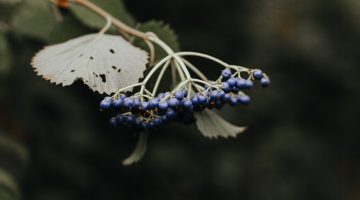

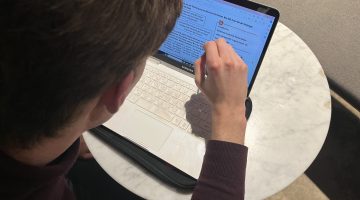


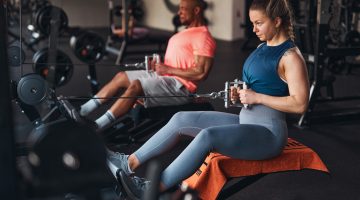
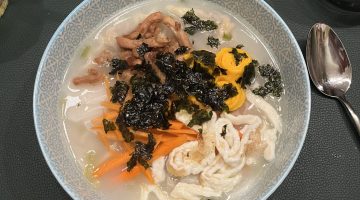
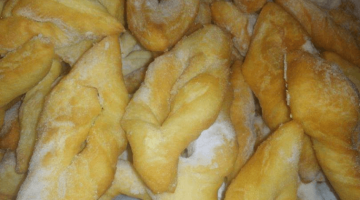
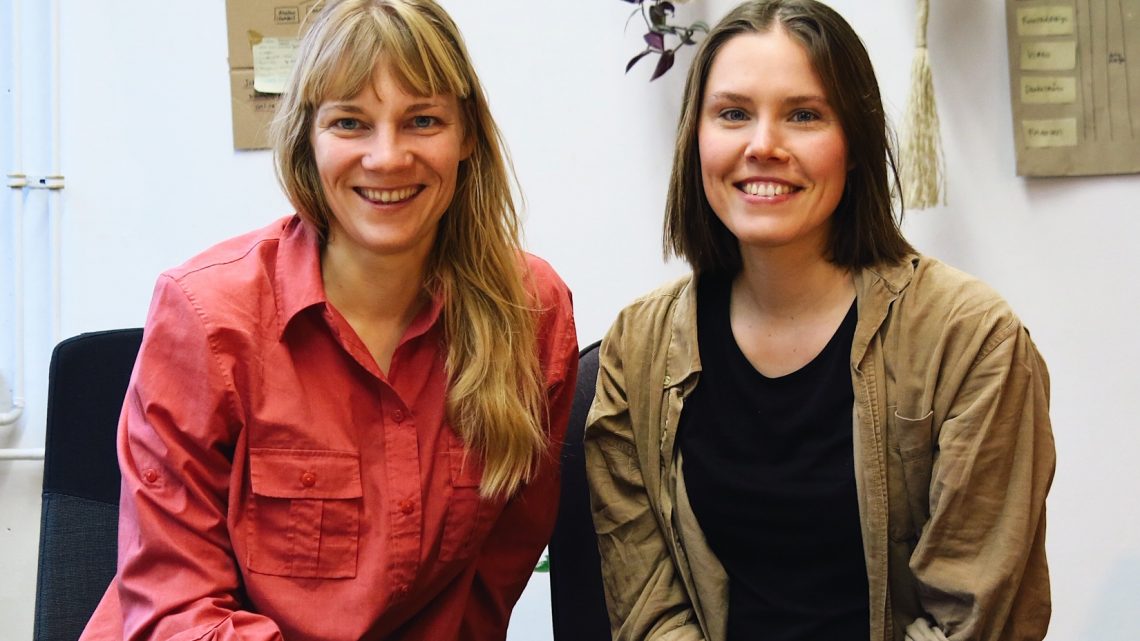
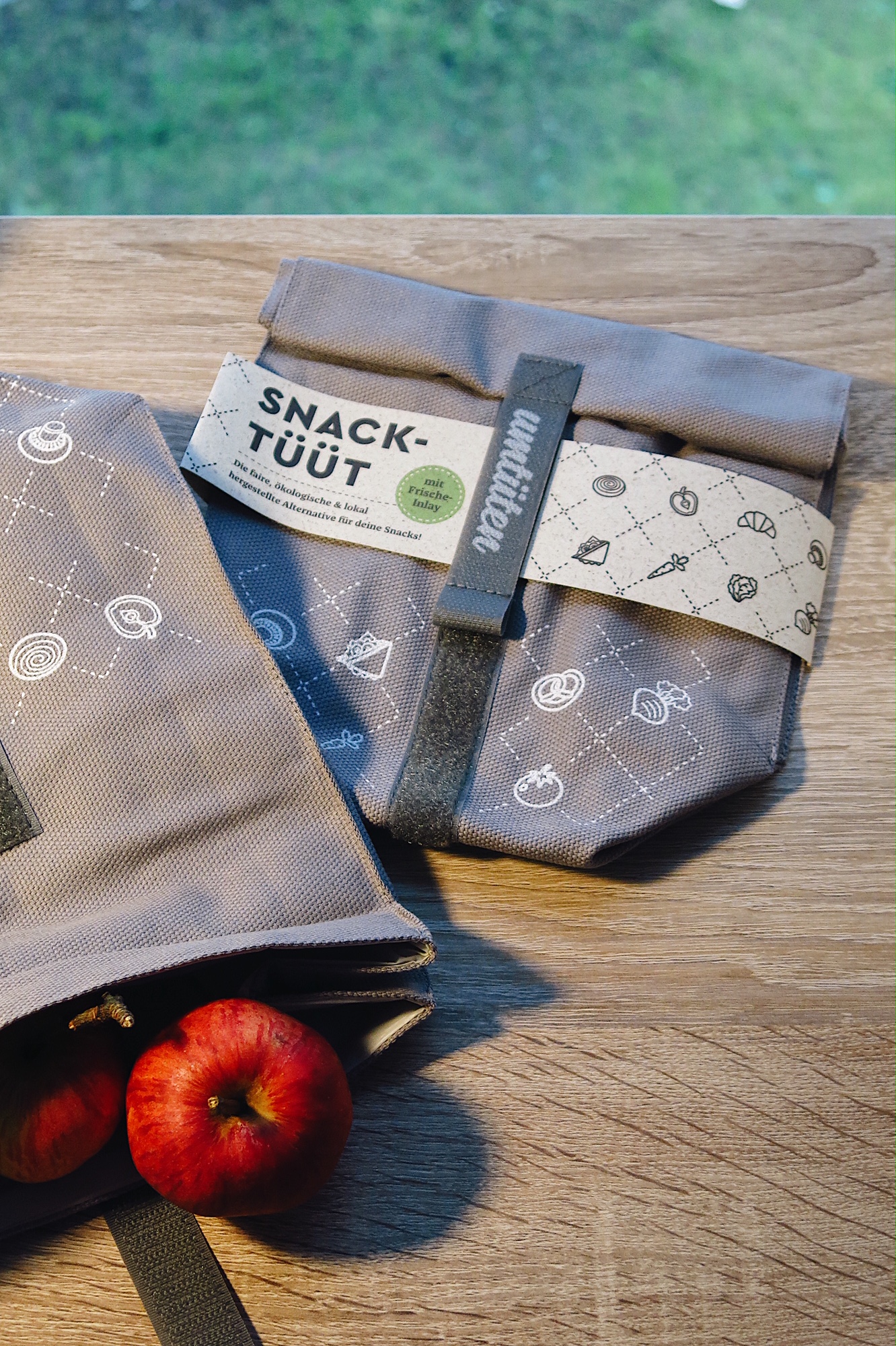
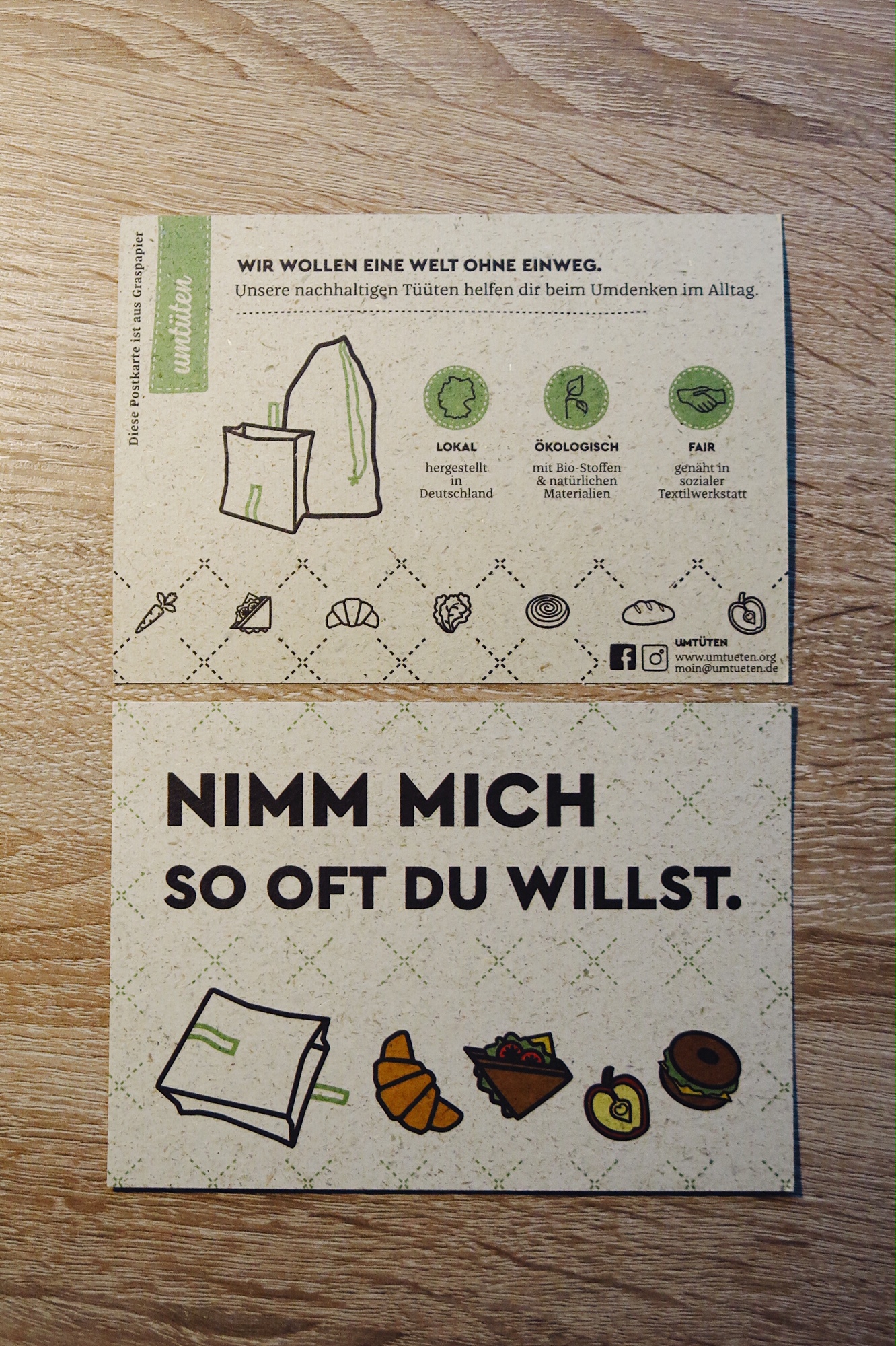
No Comment